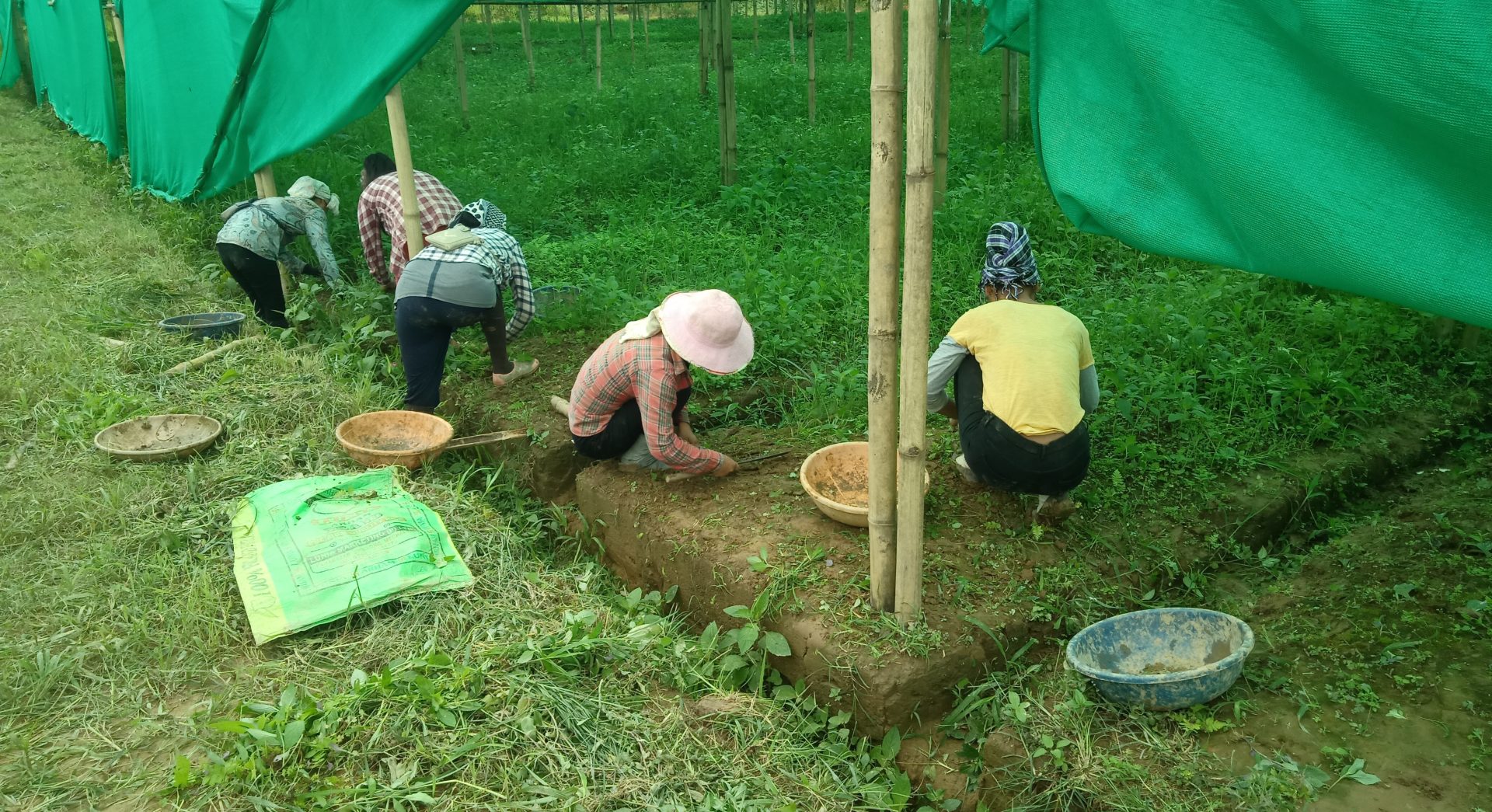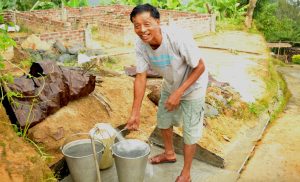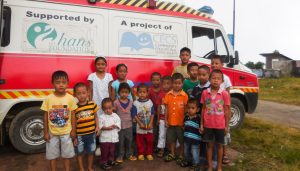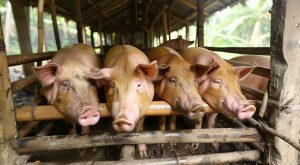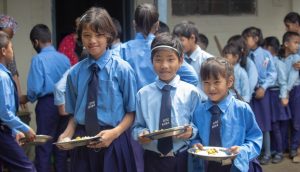The closing of the Tuli Paper Mill in 1992, and the subsequent failure of several attempts to revive it, the Tuli Sub-Division in Mokokchung District of Nagaland sees widespread unemployment. The problem is even graver in villages surrounding Tuli, where subsistence agriculture, daily wage labor, and mat weaving are the key sources of employment. Additionally, even in cases, where villages have attempted to market products such as bamboo mats, unprocessed rubber, and tea leaves, they are often exploited by middlemen, thus limiting their ability to graduate out of poverty. However, the sub-division is abundant in natural resources including bamboo, fertile land, and water resources.
Given this background, in order to support the local communities, The Hans Foundation (THF) is undertaking the Tuli Livelihood Project which will encompass the creation of a bamboo processing unit, an organic tea plantation and processing unit. The project is forecast to impact over 1500 beneficiaries directly and it will also lead to transformation in the socio-economic status of the region. Given its experience in Tuli and the wider livelihood sector, CECS proposes to support THF as an on-field partner in this livelihood project to ensure smooth and timely implementation.
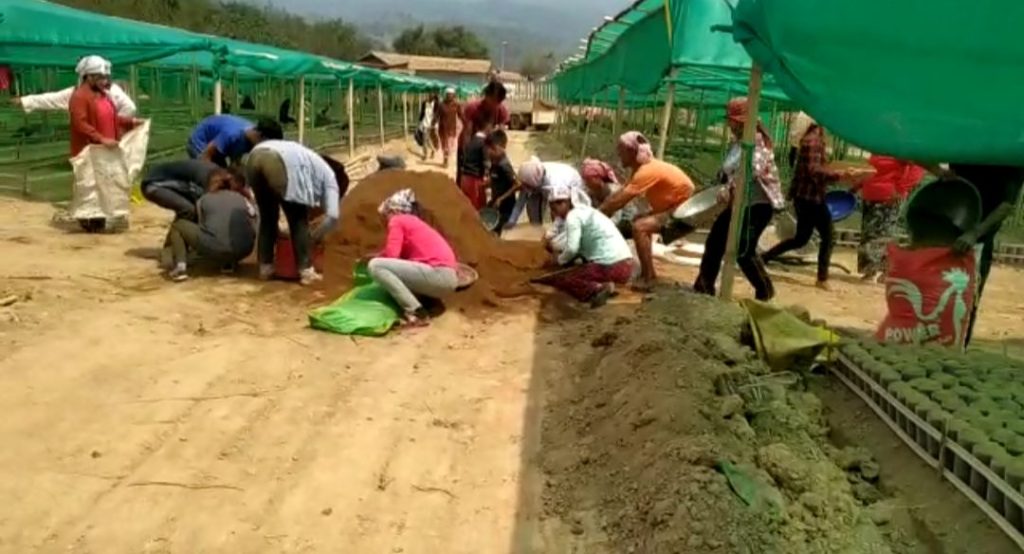
The development objective of the project is to establish efficient and effective institutional platforms of the villages that enables them to increase household income through sustainable livelihood enhancements and improved access to financial and selected public services. The component of the project is institutional and human capacity development. The community in general is slowly being taken into confidence, and their perspective of developing a cohesive earning environment is gradually reinforced. This also includes the role that THF and CECS has to play in ensuring that they are a provider of high quality technical assistance in the field of rural livelihoods promotion. It begins with listening. We help communities identify their most urgent needs, as well as the long-term factors that stand in their way. Together we identify the strengths and knowledge that already exist in the communities and seek to build on those to break down barriers.
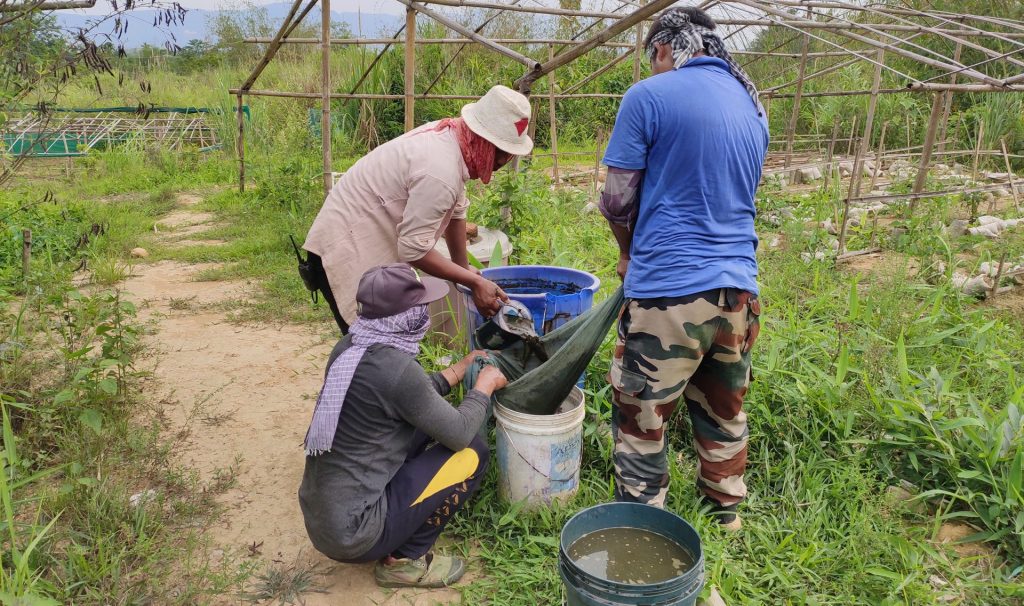
Our interest in livelihood strategies has emerged in response to the shortcomings we have identified in social impact processes regarding the potential of the proposed area as a result of lack of attention to: examination of impacts and their effects during project anticipation, that is, during the planning/policy development stage; and basic livelihood characteristics, processes and strategies during the formal process of social impact assessment of the previous failed projects. Our concept of a livelihood strategy approach has been developed with reference to the growing literature on ‘sustainable livelihoods’ in which attention is being directed toward the ways in which local people can seek to meet basic and ongoing needs for food and shelter, as well as for security and dignity, through meaningful work, while simultaneously striving to minimize environmental degradation, accomplish rehabilitation, and address concerns about social justice.
The TLP project hopes to create an organized set of lifestyle choices, goals and values, and activities influenced by biophysical, political/legal, economic, social, cultural and psychological components and designed to secure an optimum quality of life for individuals and their families or social groups.

